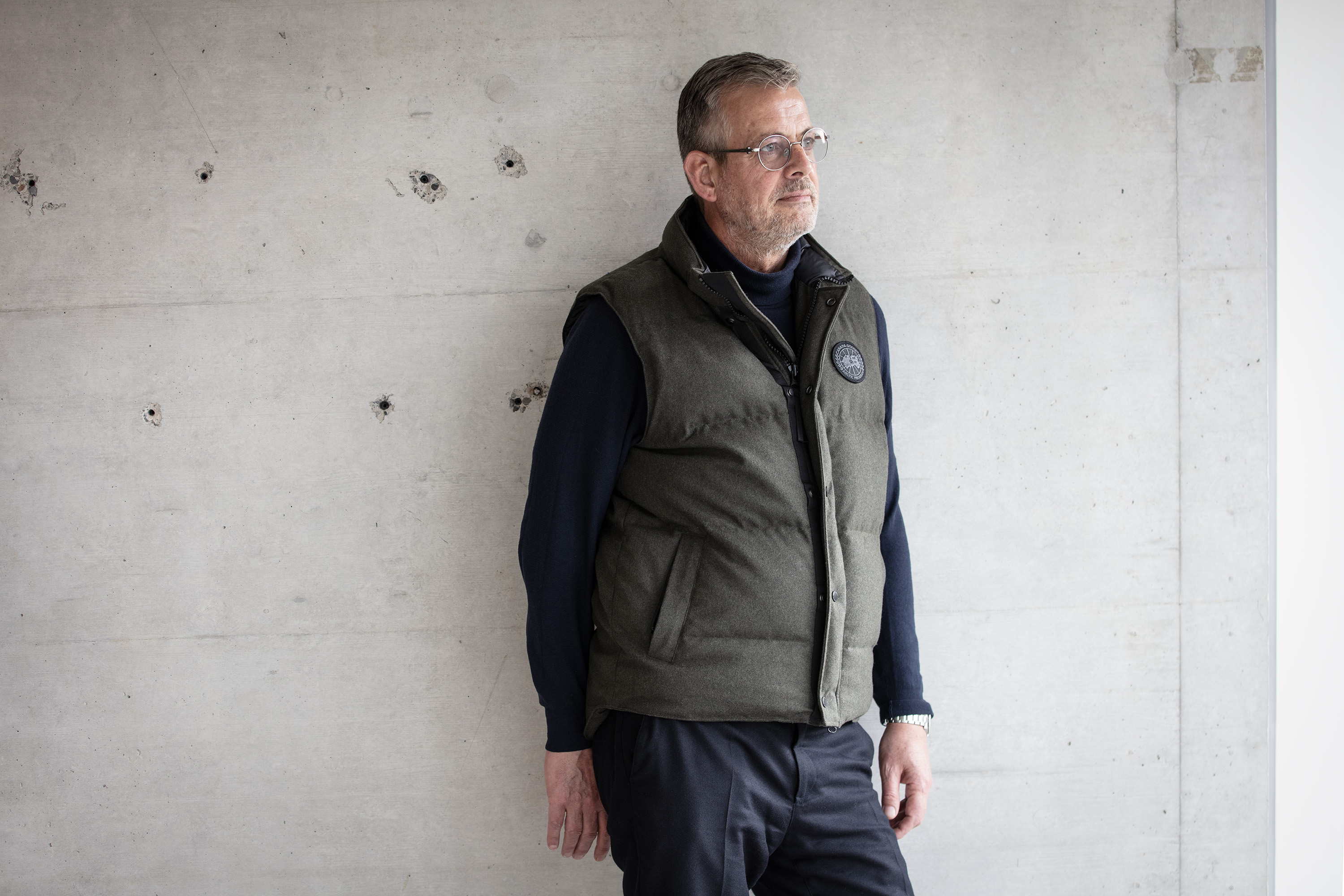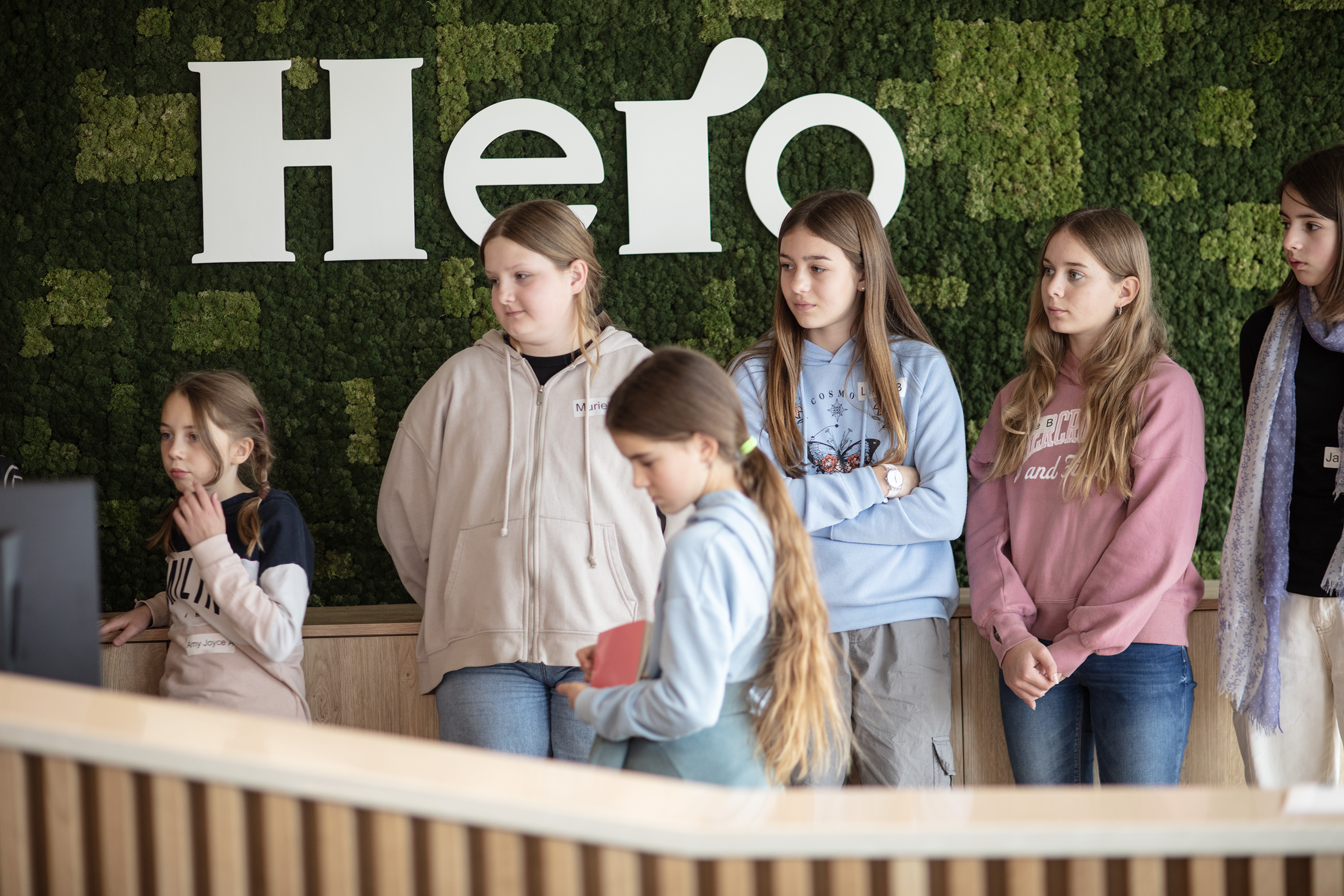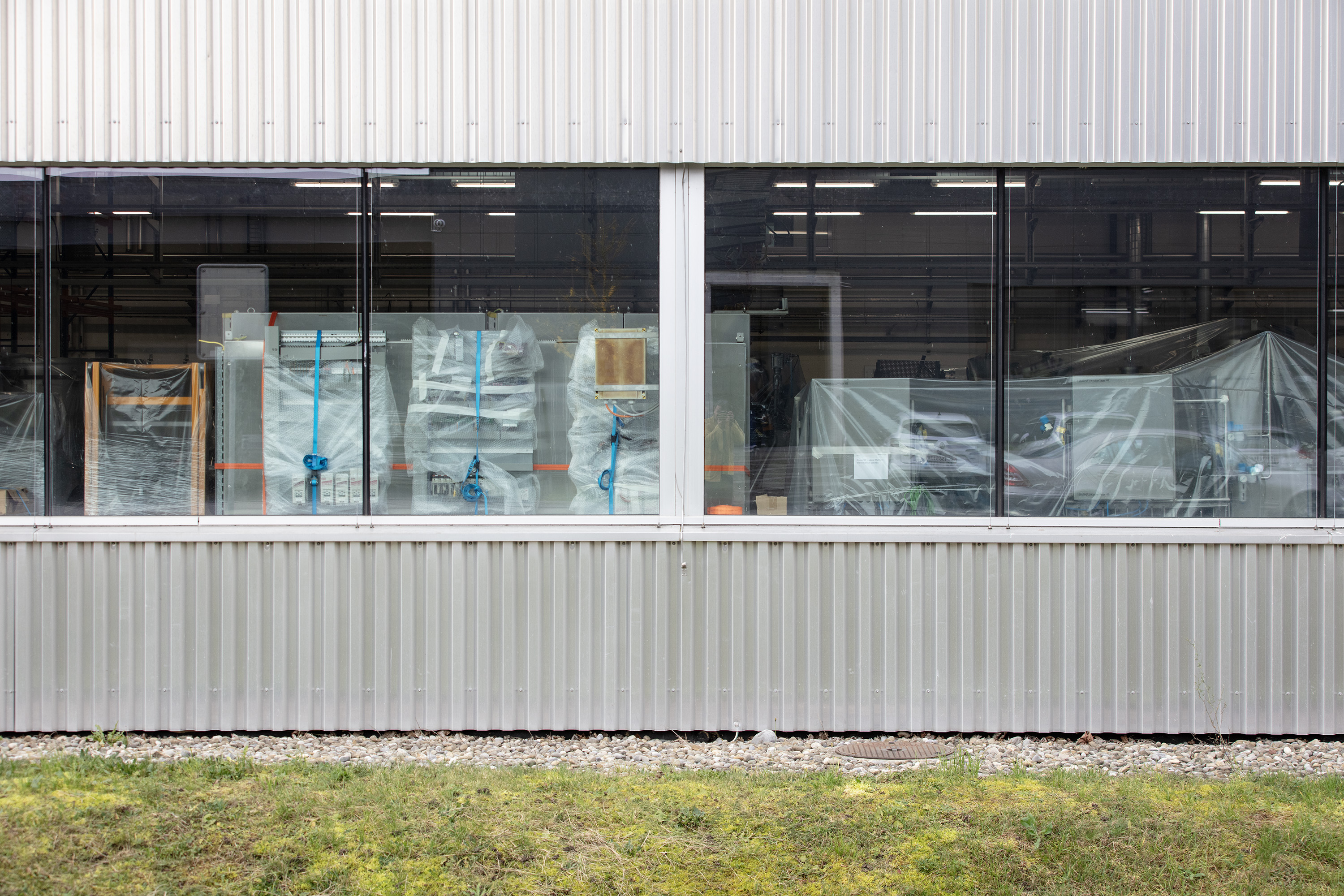‘Hero is perceived as a Swiss brand … only in Switzerland’

Rob Versloot, CEO of the Hero Group since 2012, explains why his company has deliberately chosen not to highlight its Swiss heritage or concentrate on premium market segments.
Most Swiss consumer goods companies, such as Ricola (cough drops), Läderach (chocolate), and Victorinox (Swiss Army knives), target premium market segments, capitalising on their Swiss roots and image. The Hero Group, best known for its small jam portions commonly found in hotels, has opted for a distinctly different strategy.
Founded in 1886 in Lenzburg, canton Aargau, the company does not systematically highlight its Swiss heritage, which has led to a lack of recognition abroad of the brand’s Swiss roots.

Recently the Hero Group has tightened its product portfolio and decided to focus on fewer markets, such as Europe and the United States. In addition, the group has optimised its asset utilisation – an approach that recently led to the closure of its jam production facility in Lenzburg.
At the same time, the company is continuing its strategy of international acquisitions. SWI swissinfo.ch sat down with Rob Versloot, CEO of Hero Group since 2012, at the company’s headquarters in Lenzburg to discuss challenges the company is facing and where he sees future success.

SWI swissinfo.ch: Hero is not the typical Swiss international company, which tends to target premium segments. How are you positioning yourself internationally?
Rob Versloot: The Hero Group is very different from Swiss companies that emphasise their Swissness. Our group is a “house of brands”. In some countries, we use the Hero brand, but in many others we have other brands such as Organix (baby food), Corny (snacks) or Vitrac (jams). We are perceived as a Swiss company in Switzerland, but in other countries, even where we use the Hero brand, we are perceived as a local company with no roots to Switzerland. We also have a premium approach for some products and brands but a mainstream approach for others. Given this constellation, we believe using the Hero brand everywhere would be a mistake.
SWI: Historically, your group had a very broad portfolio. This has changed. You now have a narrower focus. How come?
R.V.: The main challenge for the Hero Group is to select the product categories well and choose the geographical markets where we have the “right to win”, a market segment in which we have a very good chance of being successful. Because we are smaller than our leading competitors, giants such as Nestlé, Danone, Unilever or Mondelez, our strategy is to focus intelligently.
We now focus on just three product categories: Baby & Toddler Food, Healthy Snacks, and Natural Spreads. These products represent 75% of our total sales. As the demand for healthy products and snacking – eating outside the three traditional daily meals – is strong, we are blessed with great growth opportunities. To further capitalise on these trends, we have just acquired Deliciously Ella, a UK-based pioneer in vegan snacking.

SWI: In 2023, 71% of your sales were in Europe, followed by North America (16%). Where do you see future opportunities for profitable growth?
R.V: Our strategy is also to focus on a few countries, which is analogous to our approach regarding product categories. The main reason is that we sell primarily through supermarkets, and in most countries the supermarket chains are highly concentrated. In Switzerland, for example, Migros, Coop, Aldi and Lidl account for a very large part of the market. To negotiate with these giants, we need “indispensable brands” that are either number one or number two in a category. Specifically, we will continue to focus on Europe, the US and the Middle East, rather than on emerging markets. We see ample opportunities for growth in our current strongholds.
SWI: You have just closed your jam production plant in Lenzburg, which has affected some 48 employees. Do you think this will impact your image with consumers? Do your consumers care where your products are made?
R.V: Not only are we not perceived as a Swiss brand (except in Switzerland), but most consumers do not even know where our products are made. Regarding our jam portion production in Lenzburg, we closed it due to insufficient capacity utilisation. However, more than half of all products sold in Switzerland are still produced in Switzerland or Liechtenstein.

SWI: Consumers are looking for products that are both tasty and healthy. How do you ensure these two conditions are met? I’m thinking, for example, of the sugar content of your Organix baby snacks.
R.V: Of course it is possible to combine taste and health. In many of our products, we use only natural sugar found in fruit. And even in our spreads, we have introduced low-sugar and sugar-free versions, and their sales are growing rapidly.
SWI: Regarding your natural spread category which include products such as Hero, Queensberry and Casa de Mateus, many consumers prefer supermarket brands which are cheaper. How do you plan to address this trend?
R.V: In the Baby & Toddler Food and Healthy Snacks categories, supermarket-branded products – also known as “private label” products – have quite low market shares as most consumers prefer trusted brands like ours. In the natural spreads category, the shares of private label products are indeed higher, but globally our branded products continue to have a very strong position.

SWI: Have you noticed that your consumers are willing to pay more for sustainable products or ones that have low environmental impact?
R.V: Most consumers consider sustainability to be very important, but they are not prepared to pay a premium for it. However, our group is committed to achieving net zero greenhouse gas emissions across our entire value chain by 2050. We are also committed to publicly reporting our annual progress in our voluntary sustainability report, using 2019 as the baseline.
SWI: How challenging is it to be accountable for your suppliers?
R.V: We are 100% responsible for the sourcing of our products. That is why our colleagues in charge of quality control check both the conformity of all the raw materials we receive and the quality of our finished products before they are sent to the market. Food safety is a very sensitive issue, especially for baby food. However, despite our best efforts, no food company is perfect. When problems do occur, it is important to have the right processes in place, including rapid consumer information and even product recalls.

SWI: What are the advantages and disadvantages of having your headquarters in Lenzburg, a rural town with a population of around 10,000?
R.V: Our group originates from Lenzburg, but as the Swiss market only accounts for a small part of our group sales, this is not why we are headquartered in this town. However, Switzerland offers competent international talent and has a strong food industry cluster. In addition, the public services and infrastructure are excellent, and taxation is competitive. Lenzburg is also only 20 minutes from Zurich. Currently, our headquarters employs about 60 people in Switzerland.
SWI: Hero is no longer listed on the SIX Swiss Exchange. Why do you still publish thick annual reportsExternal link that your competitors will likely scrutinise?
R.V: The main reason is that we believe that transparency and the deliberate publication of extensive information are integral parts of good governance.
SWI: Where do you see the Hero Group in ten years?
R.V: I am confident that we have defined the right strategy for the future and are betting on the right product categories, especially Baby & Toddler Food and Healthy Snacks. I am optimistic that we will continue to grow.
Edited by Virginie Mangin/ts


In compliance with the JTI standards
More: SWI swissinfo.ch certified by the Journalism Trust Initiative











You can find an overview of ongoing debates with our journalists here . Please join us!
If you want to start a conversation about a topic raised in this article or want to report factual errors, email us at english@swissinfo.ch.